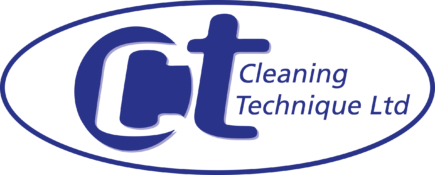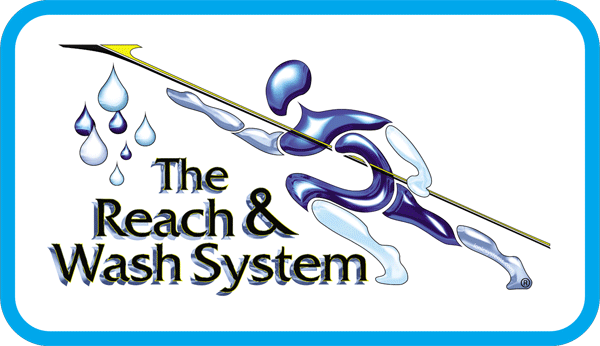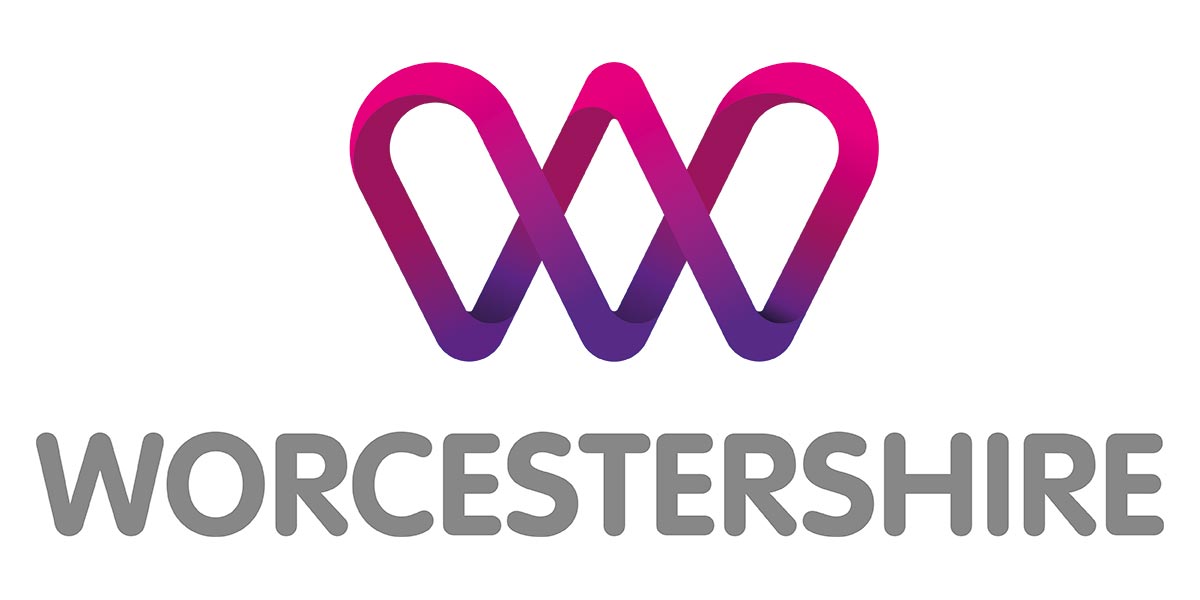The 3 Cs that build client relationships
Running a business well is not just about understanding one’s industry or technical skills in the service you are providing. When you are in the driving seat, running a successful business is about soft skills and client relationships.
The importance of soft skills in all aspects of the work environment cannot be understated. Forbes, a prominent business magazine, actually states that soft skills are “essential” to the future of work.
What are soft skills in the workplace?
Soft skills are all those interpersonal and communication skills that allow you to build strong working relationships with other people. Soft skills include things like critical thinking, problem-solving, work ethic, professional attitude, teamwork, and communication among others. They are relevant to every job and industry. Sometimes, these skills can be harder to instil than industry technical expertise, and employers are significantly impressed by individuals who show they have a range and depth of skill in these areas.
Soft skills do not just help employees work well with one another and they do not just help people succeed in their careers. They actually form an important element of how a business relates to its clients and customers.
In my industry, I believe that there are three soft skills that help our team build strong relationships with our clients.
1. Consistency
Consistency is vitally important, in terms of the quality of the clean we provide, in terms of fulfilling our contract and in terms how we handle problems that arise.
We aim to ensure that every clean is a quality clean. We use practical steps such as a detailed cleaning schedule that outlines what areas have to be cleaned, how, when and with what frequency. Our operatives can then mark when jobs are completed and keep records for external agencies such as the CQC (always required in healthcare settings).
We also aim for consistency in terms of the frequency of our contracts. Each contract has a list of operatives who are able to step in and cover instances of paid leave and sickness should the need arise. It is a proactive step that allows us to give consistent service.
But, although the practical manifestations of this trait are significant, by far the greatest demonstration of these soft skills is in one’s character in how we relate to our team and clients. Consistency in character could also be described as “steadfastness” or “reliability”. People need to know that they can rely on you, and that your character is not erratic. They know that you are the same on a Friday as you are on a Monday and will respond similarly. It forms the foundation of a relationship and means people feel they can approach you.
How can consistency help your business?
One of the biggest benefits to being consistent that I have found is the truism that if your client knows that you are normally consistent when something goes wrong with their contract, they are more likely to approach you in a constructive way. It allows you to troubleshoot and resolve issues, maintaining the working relationship.
How do we help our clients?
Find out about the range of cleaning services we have provided for our clients
2. Communication
All relationships are about communication. What we say and how we say it either makes or breaks a relationship.
We always aim to communicate with our team; most of them work remotely, rarely visiting the unit where we are based, so we aim to touch base over text, telephone and via written notes as frequently as we can to ensure that they are ok.
Similarly, with our clients, we aim to call them periodically to check that everything is working well or visit them in person if needed.
Being proactive in your communication requires an outward-facing and proactive attitude. Technology has made it easier than ever to reach people who are physically far away, but it still requires an initiator, someone who decides to make the first move. We must look out for others, and take the lead in contacting them to keep close ties.
3. Confidence
By “confidence”, I do not just mean speaking confidently on the telephone or in-person to the client. I do not mean projecting my voice well at team meetings or speaking authoritatively with staff. What I am actually referring to is far more subtle; it is building an environment where clients feel confident that we are trustworthy.
In some ways, consistency and confidence are very closely linked and intertwined. You cannot have confidence in someone who is inconsistent. But confidence goes deeper than that. Another word might be “integrity”.
Many of our clients trust us with having a set of keys to their building. Because we aim to assign named cleaning operatives to each client, they are able to build a relationship with that operative. The rapport that develops allows our clients to feel that the operative is also part of their team, and they often find themselves trusted with keys to the building!
How does confidence help your business?
Ultimately, it helps your clients trust you. This delivers assurance that they will get outstanding service and reduces their workload; no more “opening up for the cleaners” at the break of dawn! If problems do arise, then there is less likely that the business relationship breaks down.
Develop your soft skills and build a great business
There are lots of online tests that you can take to find out what your soft skills are and what areas you need to develop. Here is an example. It is never too late to develop these areas and improve our relationships with our clients.
Any business where the team is consistent, communicative, and trustworthy is going to thrive. We hope that yours will benefit from these values as much as we have.



